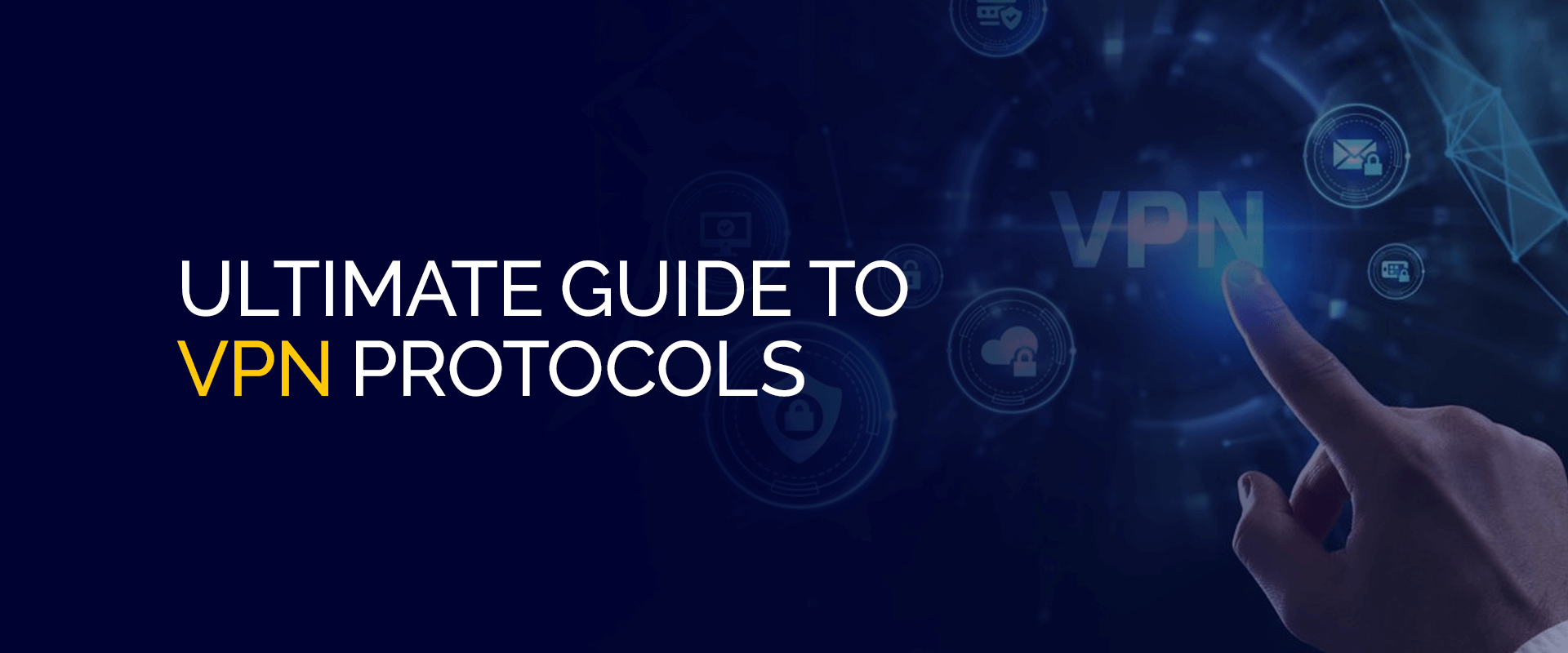

Get 93% OFF on Lifetime
Exclusive Deal
Don’t miss out this deal, it comes with Password Manager FREE of cost.
Get 93% off on FastestVPN and avail PassHulk Password Manager FREE
Get This Deal Now!By Janne Smith No Comments 3 minutes
Security and privacy are major concerns in this digital age. The complexity of cyber threats has risen to an extent where they can track and record your online activities secretly. And, considering robust security solutions has become a numero uno! That’s where VPN protocols step in. This article details what VPN protocols are and their strengths.

Note: Using a reliable VPN, like FastestVPN, enables you to conceal your IP address and encrypt all your online activities. It features robust protocols, like WireGuard, OpenVPN and many others, that are too good to be missed for the subscription price it comes at!
It’s a set of rules and instructions that determine how your data is shared between a VPN server and a user’s device. They determine data security and encryption as it transmits through the Internet.
Although VPNs sound like a total bliss, which they are. Yet, before using them, it’s essential to understand their protocols. They’re the backbone of secure communication between your device and the Internet Internet.
Different VPN protocols have been developed in response to evolving privacy needs and threats. These VPN protocols differ in the following:
As businesses increasingly embrace cloud services, the importance of a VPN becomes even more pronounced. Aligning with the contemporary cloud migration needs, Cloud Migration Assessment is a pivotal step in this digital transformation journey.
In some scenarios, one protocol may be a perfect fit, while it may be a complete waste of time in others. To decide which VPN protocol to use, you must first understand their types and characteristics.
Each VPN protocol has its unique features. Here are different types of VPN protocols that you’ll need to look out for in 2024:
Referring to speed, nothing beats PPTP (Point-to-Point Tunneling Protocol). Due to its minimal encryption measures, it’s relatively easy to set up and use. Unfortunately, it’s less secure than other VPN protocols, especially where high levels of security and privacy are needed.
OpenVPN is widely regarded as the best VPN protocol by data security experts. It uses SSL/TLS encryption for key-hashing authentication. This ensures that the data is not altered during transmission over the Internet.
This is an open-source protocol. This means that security experts and developers can easily access and adjust its code as vulnerabilities arise.
IKEv2, an abbreviation for Internet Key Exchange Version 2 is the most stable VPN protocol that requires less computing power. It’s fast and stable enough to be used on portable devices such as:
One of the key strengths of IKEv2 is its ability to switch between mobile and Wi-Fi networks quickly.
Layer 2 Tunneling Protocol (L2TP) is an enhanced version of PPTP. It is often implemented in collaboration with Internet Protocol Security (IPsec). While it’s not as fast as PPTP, the L2TP protocol’s strength lies in providing more robust compatibility and encryption with many operating systems.
The VPN protocol selected significantly impacts a VPN’s security and performance. While some protocols are traditional, providing poor levels of encryption that can be easily decoded, others are still in their early development stage.
Remember, a VPN provider has various protocols within its app, allowing the user to select which is perfect for any situation.
Take Control of Your Privacy Today! Unblock websites, access streaming platforms, and bypass ISP monitoring.
Get FastestVPN
© Copyright 2024 Fastest VPN - All Rights Reserved.


Don’t miss out this deal, it comes with Password Manager FREE of cost.
This website uses cookies so that we can provide you with the best user experience possible. Cookie information is stored in your browser and performs functions such as recognising you when you return to our website and helping our team to understand which sections of the website you find most interesting and useful.
Strictly Necessary Cookie should be enabled at all times so that we can save your preferences for cookie settings.
If you disable this cookie, we will not be able to save your preferences. This means that every time you visit this website you will need to enable or disable cookies again.


